Ev is 23 years old, lives in WA and identifies as a person living with BPD
What was your experience of receiving a diagnosis of BPD?
My psychiatrist showed me a list of the diagnostic criteria and it felt like I was reading myself on a page. The BPD diagnosis made sense and I was glad to finally have some understanding although I found reading online about BPD quite challenging due to stigma and inaccurate information.
What would you like people newly experienced with BPD to know?
You are not alone. The diagnosis can feel intimidating, but it can also be the key to appropriate treatment. Take as much or as little as you need from the diagnostic information as you find your own version of recovery. There will be ups and downs and it may not be easy, but the journey is what's important. Your life is valid, valued and worth living.
What did clinicians and mental health professionals do well to support you?
Listened and asked me how I felt, caring about my response. They gave me the space to be myself and make mistakes as I worked to understand who I am and how I exist.
What could clinicians and mental health professionals have done better to help you?
Early experiences I had with mental health professionals were invalidating and deterred me from reaching out to services until I was older. I think if I had been referred to a peer worker with a lived experience of BPD earlier I might have found my way to recovery easier.
What kind of psychological treatments worked well for you?
DBT taught me skills to live on a day to day basis and after that I was able to engage in Schema therapy. Schema has given me insight into who and why I am. It is challenging and if I had tried to do it before practicing DBT I don't think I would have really understood, but I attribute a lot of my healing, self-awareness and growth to both DBT and Schema therapy.
What other things have supported you to live well?
I dance, sing along to musical theatre songs in my car, make theatre shows and write poetry. These things give me purpose and allow me to express some of my big feelings in a way that I can make sense of and other people can relate to and feel.
Do you have any tips or tricks for managing distress or strong emotions you would like to share?
When I'm distressed I try to treat myself with kindness and compassion. I remind myself to be gentle when the vulnerable and scared parts of myself are engaged. I hold myself through the huge and hard emotions, knowing I can process, try to understand and learn from it in the future when I'm a bit calmer.
What advice would you give to friends/family supporting someone with a diagnosis of BPD?
There are times that will be really challenging, and you won't always know what to do. You might not need to understand all the emotions, as the person going through them might not understand them fully either. Just try to be there, listen, validate and remind them that they are doing really well to keep going and they're not alone. Also seeking support for yourself as well can be super positive for both you and the person you are supporting.
What are a few things you thought you might not have been able to do but you did anyway?!
I love going on road trips, hikes and adventures with my girlfriend. Taking time to catch up and be present with my friends and family. I'm studying to be a mental health professional to give back to a field that has helped me so much and I'm writing a theatre show about hope, recovery and my experiences of living with BPD.
